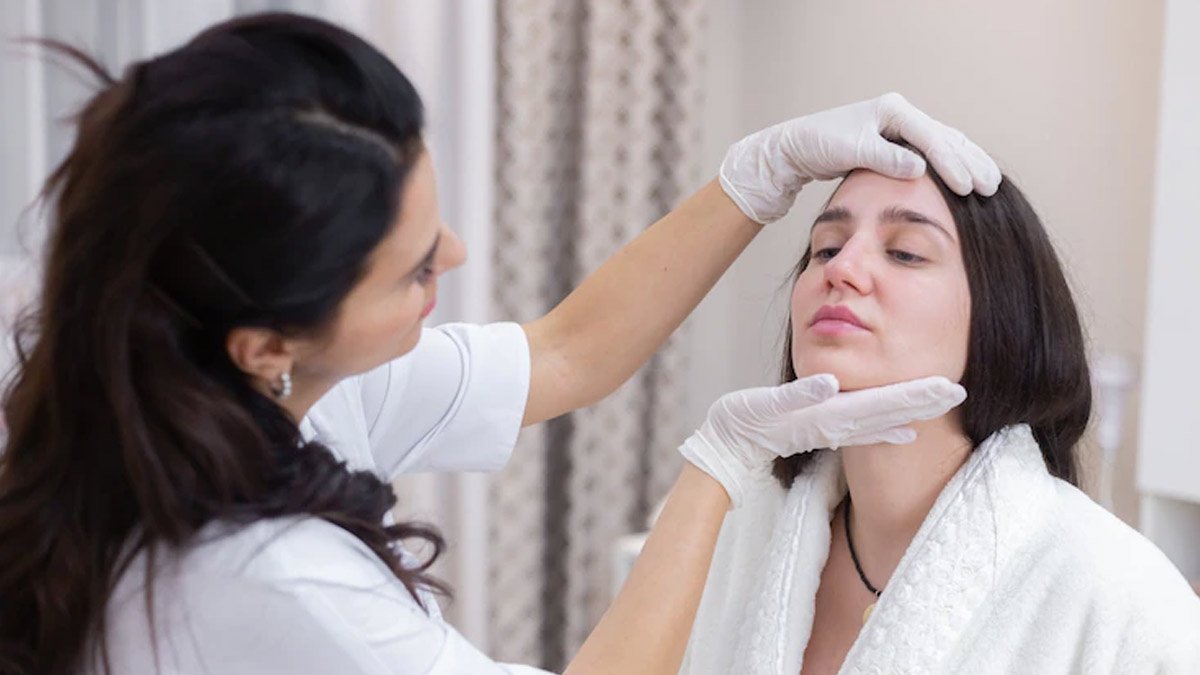How to Treat Psoriasis in the Ear? Big Shocking Technology Changes
Psoriasis is a frustrating condition that often leaves many individuals feeling isolated and overwhelmed. For beauticians, it is crucial to understand how to treat psoriasis in the ear, as this condition can significantly affect a client's appearance and well-being. In this article, we will discuss some remarkable treatments and life-changing technologies that can help alleviate symptoms associated with ear psoriasis.
Psoriasis in the ear can be particularly distressing. The delicate skin in this area can become itchy, flaky, and even painful. Offering effective solutions to clients is not only a great service but also a tremendous opportunity to build your clientele. Lets dive into some essential strategies to address this issue.

Understanding Psoriasis in the Ear
Before discussing specific treatments, it is essential to grasp the complexities of psoriasis. This autoimmune disorder leads to rapid skin cell replication, resulting in red patches covered with thick, silvery scales. It can appear anywhere on the body, including the ears, leading to a range of uncomfortable symptoms.
Common Symptoms of Ear Psoriasis
- Dry, red patches of skin
- Itching and irritation
- Flaking and peeling skin
- Cracks and bleeding in severe cases
- Painful inflammation
If your clients are experiencing these symptoms, its crucial to seek out effective treatment options promptly. Sneaky Signs of Psoriasis can provide further insight into this condition.
Life-Changing Treatments for Ear Psoriasis
Understanding treatment options can be transformative for both beauticians and clients. Here are some recommended therapies:
1. Topical Treatments
Many beauticians start with topical treatments, as they are the first line of defense. These may include:
- Corticosteroids to reduce inflammation
- Vitamin D analogs to slow down skin cell growth
- Moisturizers to alleviate dryness and flaking
Its essential to educate clients about the correct application methods and potential side effects. Link to learn more relevant options: Best Prescription Cream.
2. Phototherapy
For more significant cases, phototherapy might be needed where ultraviolet light is used to slow down skin cell growth. Consult with dermatologists about this treatment to better inform your clients.
3. Systemic Medications
In severe cases, systemic medications may be necessary. These drugs work throughout the body and can significantly reduce psoriasis symptoms. It is crucial to collaborate with healthcare providers for optimal outcomes. Learn how to diagnose psoriasis from this link: Diagnosing Psoriasis.
Self-Care Tips for Clients
Creating a routine for skincare can greatly assist clients dealing with psoriasis in the ear. Here are some self-care tips you can share:
- Use gentle, fragrance-free products
- Keep the skin moisturized
- Avoid scratching or irritation
- Wear breathable fabrics
Encouraging clients to adopt these habits can promote healing and comfort.
Natural Remedies and Alternatives
Many individuals seek holistic approaches to managing psoriasis symptoms. Some popular natural remedies include:
- Tea tree oil: Known for its antimicrobial properties.
- Oatmeal baths: Can provide soothing relief.
- Aloe vera: Helps to hydrate and calm irritated skin.
While these options can be effective, its important to remind clients that natural does not always mean safe. They should consult with their healthcare provider before trying any new treatment.
When to Seek Professional Help
Beauticians should encourage clients to consult a healthcare professional when home remedies are ineffective or symptoms worsen. Regular check-ups with a dermatologist can be immensely beneficial.
If you want to know which doctor treats psoriasis, visit: Doctor for Psoriasis.
Final Thoughts on Ear Psoriasis
Promoting skin health and offering guidance to clients is a vital part of being a beautician. Armed with knowledge about how to treat psoriasis in the ear, you can help clients navigate their journey while significantly improving their quality of life. Remember that understanding their condition and providing practical solutions can lead to a strong client-beautician relationship.

FAQs
1. Is psoriasis contagious?
No, psoriasis is not contagious. It is an autoimmune condition.
2. Can stress affect psoriasis symptoms?
Yes! Stress can trigger or worsen psoriasis symptoms.
3. Are there dietary changes that can help?
Some people find that reducing inflammatory foods can positively affect their psoriasis.

